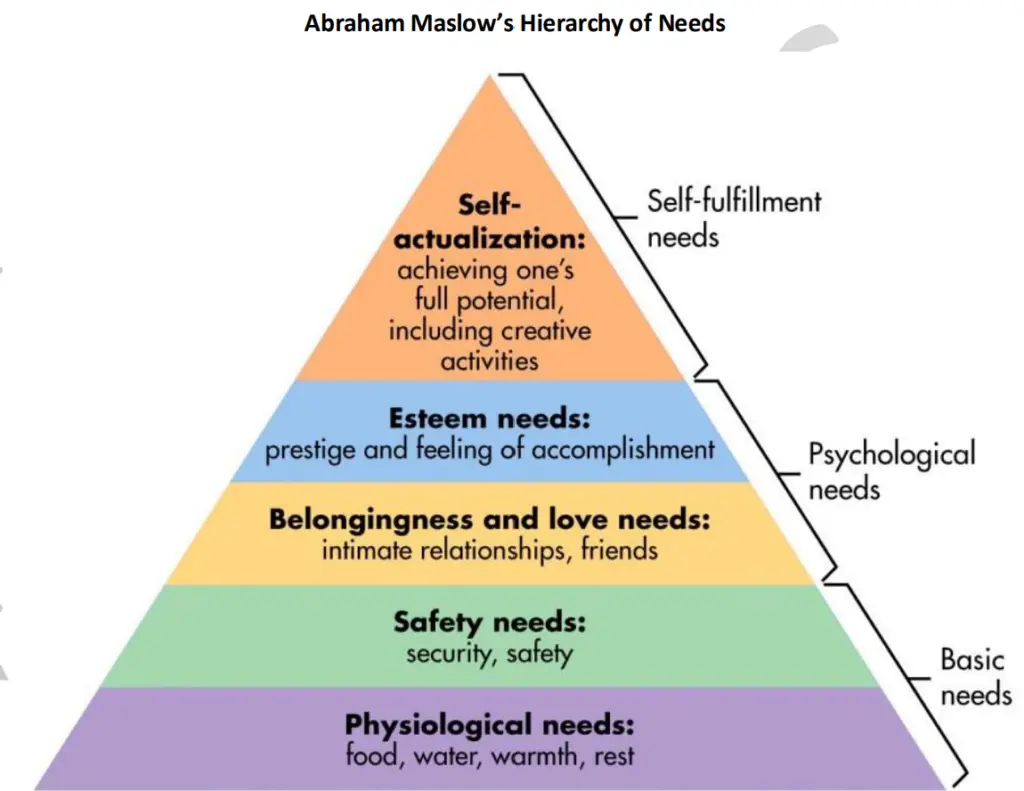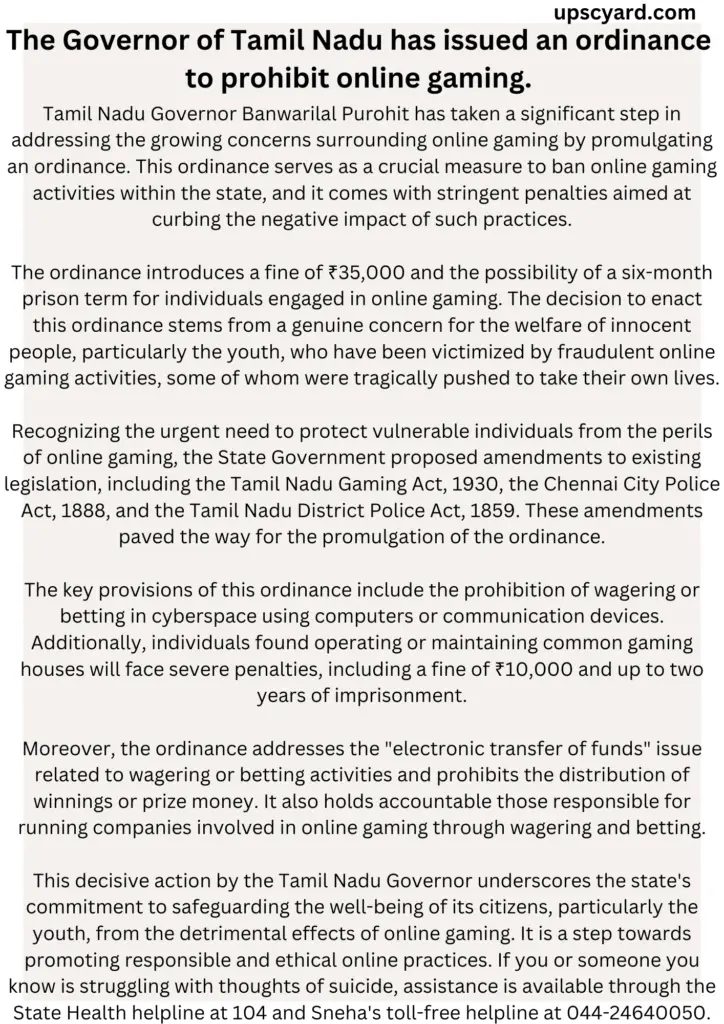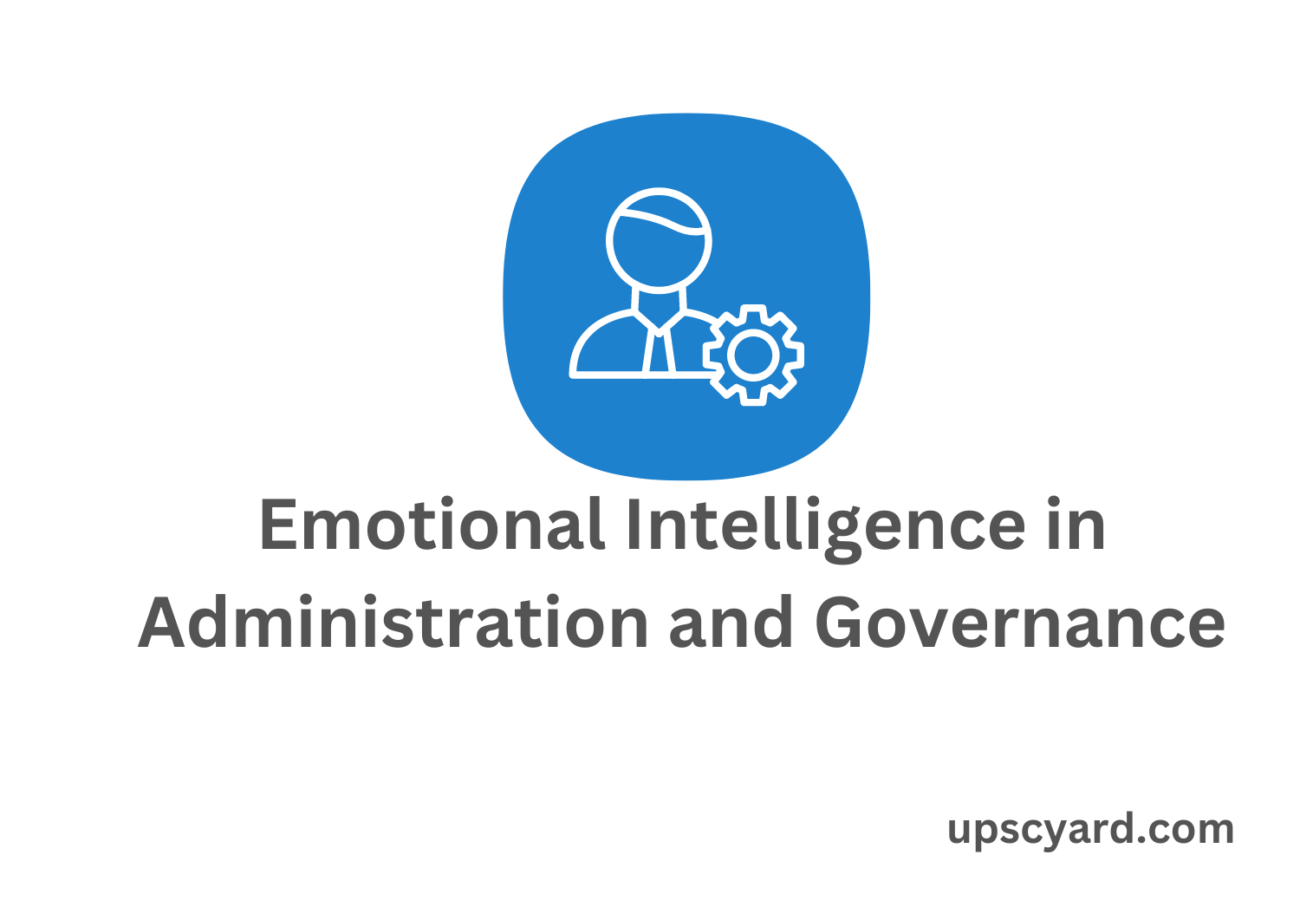Emotional Intelligence in Administration and Governance
Emotional Intelligence and ‘uncertainty avoidance’ share a significant connection.
UNCERTAINTY AVOIDANCE
The concept of Uncertainty Avoidance delves into how society approaches the certainty that the future remains uncertain: Should we strive to exert control over the future, or should we embrace its unpredictability? This inherent ambiguity often brings anxiety, and various cultures have developed distinct mechanisms to address this uncertainty. The degree to which individuals within a culture experience apprehension in the face of ambiguous or unknown circumstances and the extent to which they have established beliefs and institutions to navigate and circumvent such uncertainties are reflected in the Uncertainty Avoidance score.In essence, Emotional Intelligence and Uncertainty Avoidance touch upon our ability to understand and manage emotions, whether in interpersonal relationships or in dealing with life’s uncertainties.
Abraham Maslow
A prominent figure in mid-20th-century psychology, introduced the “Maslow’s Hierarchy of Needs.” This psychological theory is often depicted as a pyramid, visually representing a structured hierarchy of human needs. At the pyramid’s base lie the most fundamental needs, while higher-level needs ascend to the pinnacle. According to Maslow’s theory, individuals are intrinsically driven to satisfy these needs systematically, where lower-level necessities must be addressed before higher-level ones come into focus. This theory offers valuable insights into the fundamental human motivations that guide our actions and aspirations.

The significance of Emotional Intelligence in Administration and Governance
Many civil servants possess exceptional talents and high IQ levels but may lack likability due to aggressive and unsympathetic behavior toward others. They often struggle in personal relationships, lacking social graces and a balanced emotional life. However, in public service, especially in developing countries like India, civil servants must be capable of making bold decisions and taking risks. Their role involves effectively handling people and empathizing with different sections of society while making policies that serve the public interest.
Emotionally intelligent administrators are characterized by stability and groundedness. They exhibit traits such as high self-regard, maintaining a work-life balance, and modeling the way for others to follow. These leaders inspire a shared vision, challenge the status quo, and empower others to act. They remain composed under pressure and encourage and recognize the contributions of their team members.
In conclusion, emotional intelligence is crucial in shaping effective administrators who can lead with empathy, understanding, and the ability to inspire and bring about positive societal change.
Being an emotionally intelligent administrator involves being centered and grounded. These leaders maintain a stable mood, avoiding erratic and unpredictable behavior.
Some key traits of emotionally intelligent leaders include:
- Modeling behavior: Emotionally intelligent leaders lead by example, expressing their thoughts, feelings, and beliefs assertively and independently. They value input from others but make informed decisions on their own.
- High self-regard: Good leaders understand their strengths and weaknesses. They capitalize on their strengths and complement their weaknesses by surrounding themselves with skilled individuals.
- Work-life balance: Successful leaders manage their personal and professional lives effectively, avoiding burnout and ensuring a healthy balance.
- Empowering others: Successful leaders build strong teams by fostering collaboration and trust. They delegate responsibilities and support others to perform at their best. Interpersonal skills and self-regard are essential to enable others to act effectively.
- Inspiring a shared vision: Effective leaders understand the needs of others and prioritize their best interests. They exude empathy and optimism, making their concept appealing and inviting others to participate.
- Composure under pressure: Good leaders remain composed in challenging situations, avoiding outbursts and maintaining control.
- Challenging the process: Emotionally intelligent leaders embrace change, seeking opportunities for growth and experimentation. Flexibility is a crucial emotional intelligence skill that enables them to take risks without fear.
- Encouraging others: Recognizing and rewarding contributions is a vital aspect of leadership. Emotionally intelligent leaders understand the importance of motivating and building strong relationships with team members.
In summary, emotional intelligence is a fundamental aspect of effective leadership, enabling administrators to inspire, collaborate, and navigate challenges successfully.
Importance of Emotional intelligence and Emotional stability.
Suicides induced by gaming, betting etc.

UPSC Previous Years Question GS4
Q. How will you apply emotional intelligence in administrative practices? 2017
Q. What is ‘emotional intelligence’ and how can it be developed in people? How does it help an
individual in taking ethical decisions? 2013
Q. Anger is a harmful negative emotion. It is injurious to both personal life and work life. (a)
Discuss how it leads to negative emotions and undesirable behaviours. (b) How can it
managed and controlled? 2016
UPSC Previous Years Question Papers: Case Studies
Q. ABC Ltd. is a large transnational company having diversified business activities with a huge
shareholder base. The company is continuously expanding and generating employment. The
company, in its expansion and diversification programme, decides to establish a new plant at
Vikaspuri, an area which is underdeveloped. The new plant is designed to use energy efficient
technology that will help the company to save production cost by 20%. The company’s
decision goes well with the Government policy of attracting investment to develop such
underdeveloped regions. The Government has also announced tax holiday for five years for
the companies that invest in underdeveloped areas. However, the new plant may bring chaos
for the inhabitants of Vikaspuri region, which is otherwise tranquil. The new plant may result
in increased cost of living, aliens migrating to the region, disturbing the social and economic
order. The company sensing the possible protest tried to educate the people of Vikaspuri
region and public in general that how its Corporate Social Responsibility (CSR) policy would
help overcome the likely difficulties of the residents of Vikaspuri region. In spite of this the
protests begin and some of the residents decided to approach the judiciary as their plea
before the Government did not yield any result.
(a) Identify the issues involved in the case.
(b) What can be suggested to satisfy the company’s goal and to address the residents’
concerns?
Q. A private company is known for its efficiency, transparency and employee welfare. The
company though owned by a private individual has a cooperative character where
employees feel a sense of ownership. The company employs nearly 700 personnel and they
have voluntarily decided not to form union. One day suddenly in the morning, about 40 men
belonging to political party gate crashed into the factory demanding jobs in the factory. They
threatened the management and employees, and also used foul language. The employees
feel demoralized. It was clear that those people who gate crashed wanted to be on the
payroll of the company as well as continue as the volunteers/members of the party. The
company maintains high standards in integrity and does not extend favours to civil
administration that also includes law enforcement agency. Such incident occur in public
sector also. (20 Marks) (250 Words)
(a) Assume you are the CEO of the company. What would you do to diffuse the volatile
situation on the date of gate crashing with the violent mob sitting inside the company
premises?
(b) What can be the long term solution to the issue discussed in the case?
(c) Every solution/action that you suggest will have a negative and a positive impact on you
as (CEO), the employees and the performance of the employees. Analyse the consequences
of each of your suggested actions.



